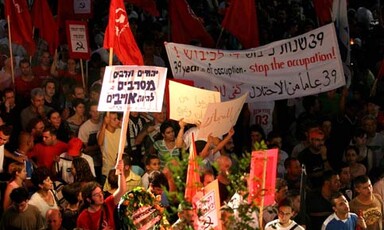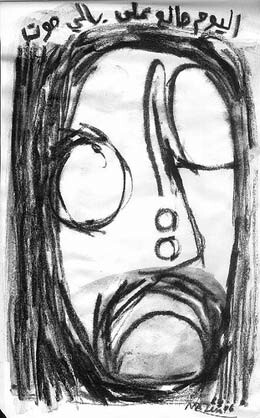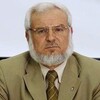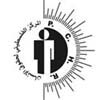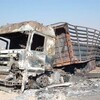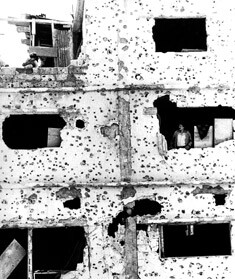
The refugees' fury will be felt for generations to come
7 August 2006
***IMAGE1***People walk the dusty, broken roads in scorching summer heat, taking shelter in the basements of empty buildings. In Gaza and Lebanon, in the refugee camps of Khan Younis and Rafah, in Tyre and Beirut, in Nabatiyeh and Sidon, hundreds of thousands of men, women and children seek refuge. As they flee, they risk the indiscriminate wrath of an enemy driven by an existential mania that can not be assuaged, only stopped. Ambulances are struck, UN observers are struck. Warning leaflets are dropped from the sky urging people to abandon their homes, just as they were in 1996, 1982, 1978, 1967 and 1948. The ultimately impossible decision in Gaza and Lebanon today is: where does a refugee go? Read more about The refugees' fury will be felt for generations to come



